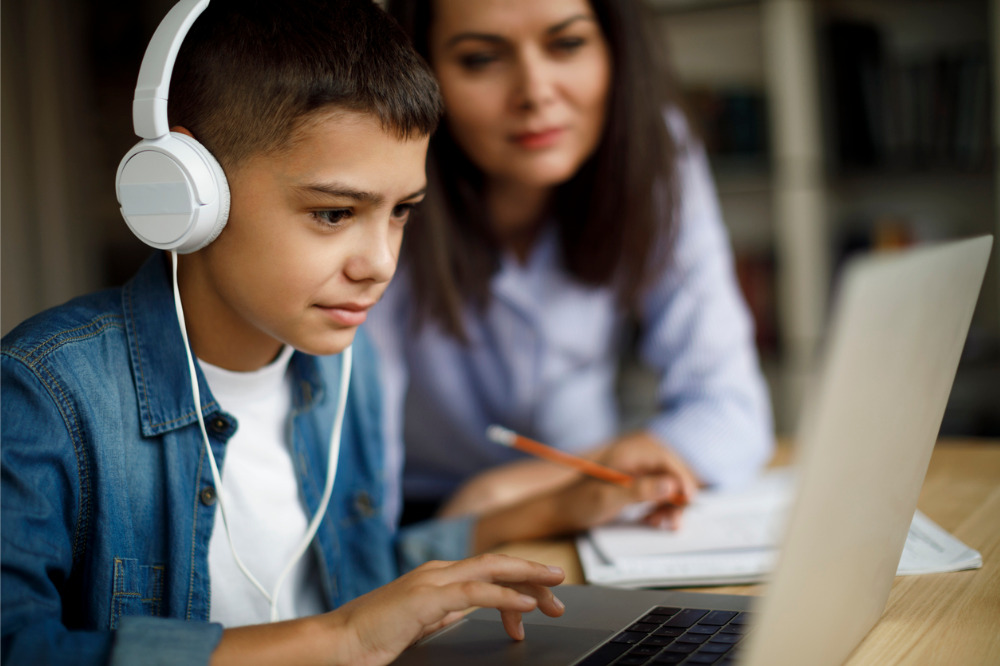
As debate continues in Queensland as to when face-to-face teaching should resume, the peak body for the state’s private schools has highlighted the importance of school-family partnerships.
The message comes as communities work together to transition to new learning routines and approaches in Term 2.
Independent Schools Queensland (ISQ) and the Queensland Independent Schools Parents Network (QIS Parents Network) recently thanked the sector’s schools and its parent and carer communities for supporting each other during this challenging period.
“Decades of international and national research has consistently shown this relationship has a profound impact on student achievement and wellbeing,” ISQ executive director, David Robertson, said.
‘A significant change to traditional routines’
Robertson said the transition from classroom to home-based learning in Term 2 has seen “a significant change” to traditional school and family routines.
“There will inevitably be some hurdles to overcome along the way because it’s unfamiliar territory for everyone taking part. It will take time to adjust and people need to be patient and considerate,” he said.
“The expertise and creativity of the sector’s teachers and the leadership of their principals has come to the fore as they reimagine traditional approaches to schooling to maintain student learning”.
Robertson said private schools have not only redesigned their education programs for remote delivery, but also how they maintain wellbeing and spiritual support, where this is part of their school mission, for students and families.
“Our dedicated independent school staff have gone above and beyond on so many levels and deserve our heartfelt thanks for their unwavering dedication and commitment to continuing student learning through this pandemic,” he said.
‘Be kind to yourselves’
QIS Parents Network executive officer, Justine Cirocco, urged parents to be kind to themselves and to remember their primary role was to love and support their children.
“Our children’s teachers are the education experts and that hasn’t changed. They have prepared a range of engaging learning materials which will be delivered in different formats,” she said.
“Some schools may run similar timetables to what their children have been used to, supported by online video conferencing style lessons, others may run modified programs online or provide paper-based learning materials, complemented by personal phone calls. The approaches will differ”.
Cirocco said parents can also access an extensive range of education materials from government and recognised learning providers to fill the gaps in the day and week.
“The QIS Parents Network website and Facebook page include stories and links to many of these,” she said.
Cirocco urged parents to read their school notices, talk with their children about their school’s expectations, create workable family routines and most importantly talk with their child’s teachers or other nominated staff members if they have any concerns.
“We need to be ready for things not to go perfectly and that’s okay. But we’re not alone,” she said.
“Community does not end at the school gate in our independent schools. It exists in the way its members treat and support each other, through the best and worst of times”.


